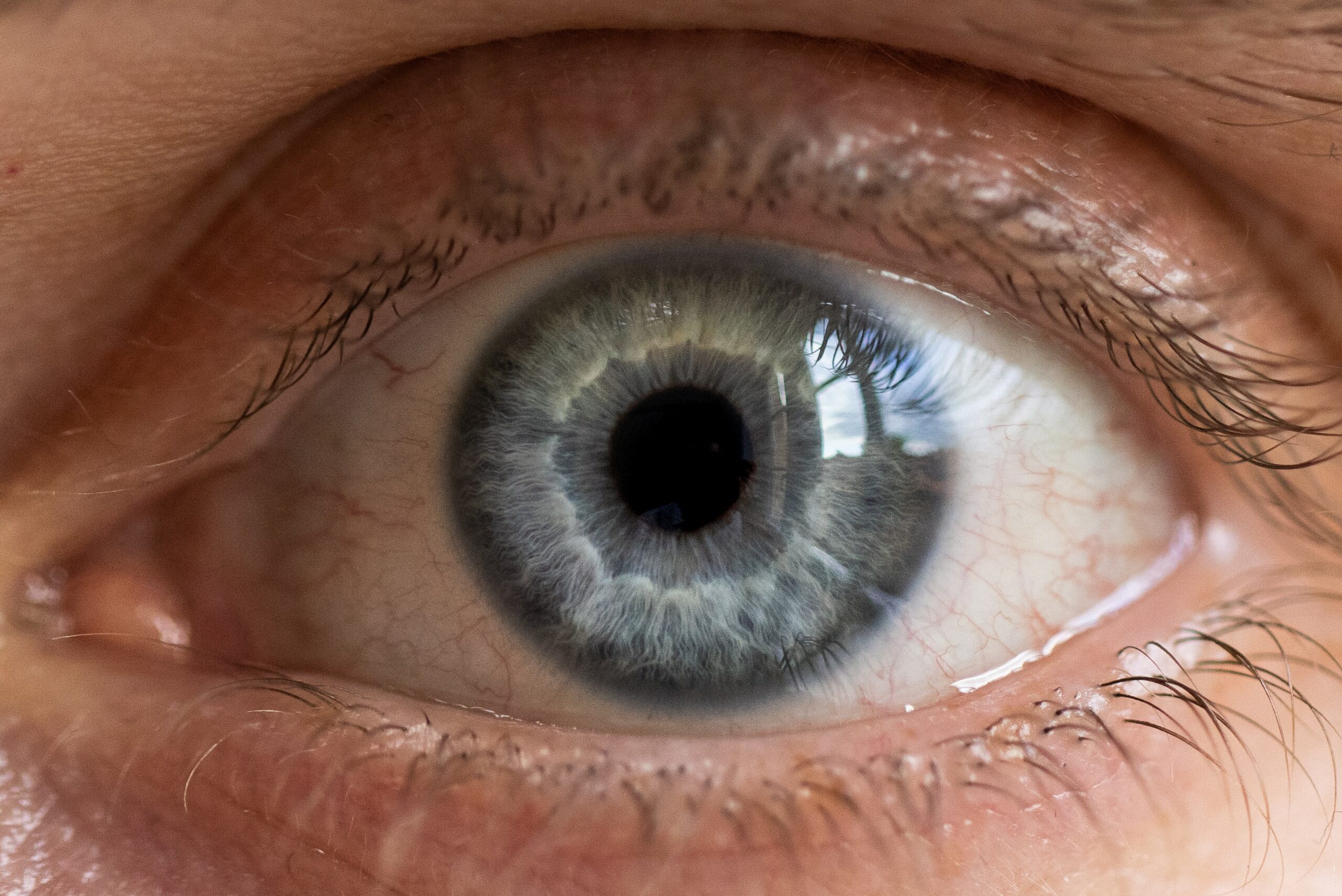IT can be worrying when you experience pain or discomfort in your eyes. If this is accompanied by redness, swelling and crusty eyelashes, quite often the cause can be an eye infection.
While you should always seek professional advice if you have any concerns, Specsavers is sharing information around some of the common eye infections and what can be done to help.
Giles Edmonds, Specsavers clinical services director, explains more:
Blepharitis
This is a common condition and, while it isn’t serious, it can lead to problems like dry eye. Symptoms include sore and itchy eyelids, eyelids that can stick together and be difficult to open – particularly first thing in the morning, and crusty or greasy eyelashes. Blepharitis can be caused by an infection or can develop due to a skin condition such as seborrhoeic dermatitis or rosacea.
While it cannot be cured, making sure you clean your eyelids daily and applying a warm compress can help to wipe away any crusts. For severe cases you may also be given antibiotics.
Conjunctivitis
Conjunctivitis is caused by an inflammation of the thin layer of tissue that covers the surface of the eye and inner eyelid and is one of the most common eye infections. Symptoms include pink, red, bloodshot or puffy eyes, feelings of burning and itchiness as well as sticky or crusty eyelashes when you wake up.
Conjunctivitis can be either viral or bacterial or can also be caused by allergies and irritants. Treatment varies depending on the cause and in most cases it should clear up on its own. However, there are some things you can try at home such as using lubricating eye drops, avoiding wearing contact lenses until the condition has cleared and gently wiping sticky eyelashes with cotton wool soaked in warm water.
It is also advisable to regularly wash your hands and avoid rubbing your eyes, sharing towels and make up as it can be contagious.
Ocular Herpes
This is usually caused by type-1 herpes simplex virus. Common symptoms of herpes simplex keratitis include redness around the front of the eye, pain, aching or a gritty feeling as well as sensitivity to bright light. It can also cause eyes to water, vision to become blurry and swelling.
Depending on which part of the eye is affected you may be prescribed anti-viral ointment or drops, steroid drops or anti-viral tablets.
Stye
This is a small painful lump that can develop on the inside or outside of the eyelid which can cause it to become red and swollen.
A stye is usually caused by an infected gland and while it will often go away on its own there are some things you can do to help. These include applying a warm compress to your eye for 10 minutes a few times a day, taking paracetamol or ibuprofen to help ease any pain and avoiding wearing contact lenses or make-up. It is also important that you don’t try to pop the stye yourself as this can make it worse and spread infection.
Corneal Ulcer
A painful sore that develops on the outer surface of your eye, corneal ulcers are usually caused by bacterial or viral infections, although eye injuries and dry eye syndrome can be to blame. Common symptoms include feeling like something is in your eye, grey or white spots on the cornea, discharge, and blurred vision.
Treatment is usually a course of medicated eye drops. Contact lens wearers are at a higher risk of developing corneal ulcers, especially if they don’t follow hygiene advice, or over-wear their contact lenses. It is important to stop wearing your lenses until the infection has cleared.
If you have any concerns it is always best to see your optometrist who will be able to take a look and advise on the best course of action. For more information visit https://www.specsavers.co.uk/eye-health.
If you can’t make it to your local store, you might be eligible for a Specsavers home visit. To find out more visit https://www.specsavers.co.uk/home-eye-tests.

Whilst you’re here:
Did you know we rely on local businesses and the community to help keep us online? Our community website is an alternative to the mainstream media – For the people, by the people. You can help us stay online by becoming a supporter on Facebook. In return, you will have access to exclusive content. Click here for information.
You can join us on our social media pages, follow us on Facebook or Twitter and keep up to date with whats going on in South Devon.
Got a news story, blog or press release that you’d like to share or want to advertise with us? Contact us




























